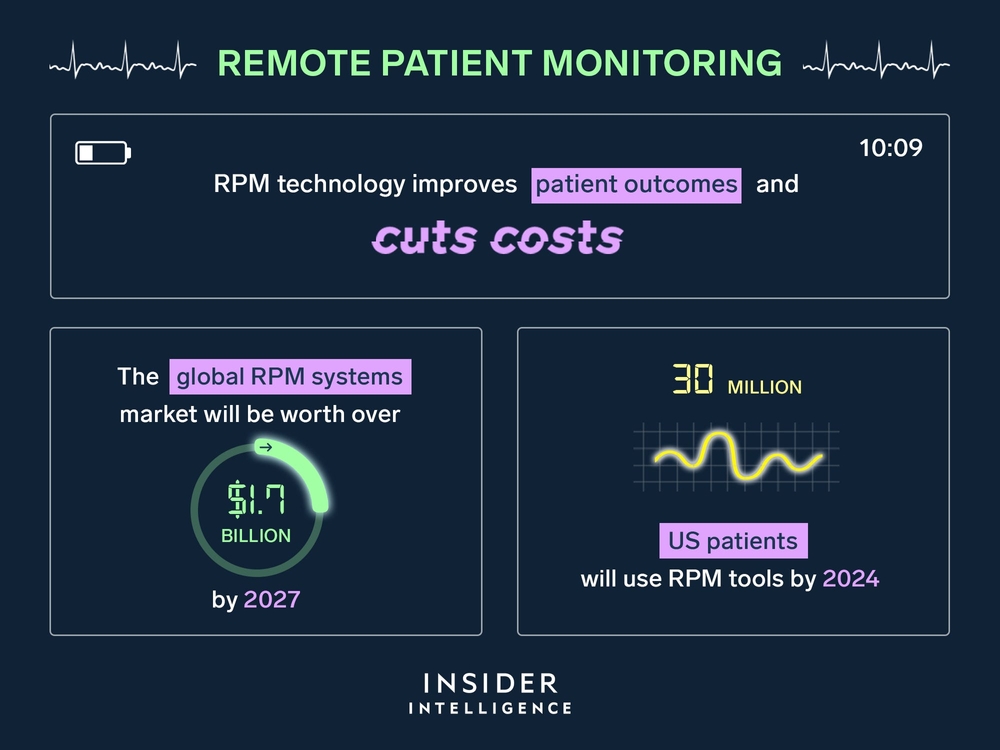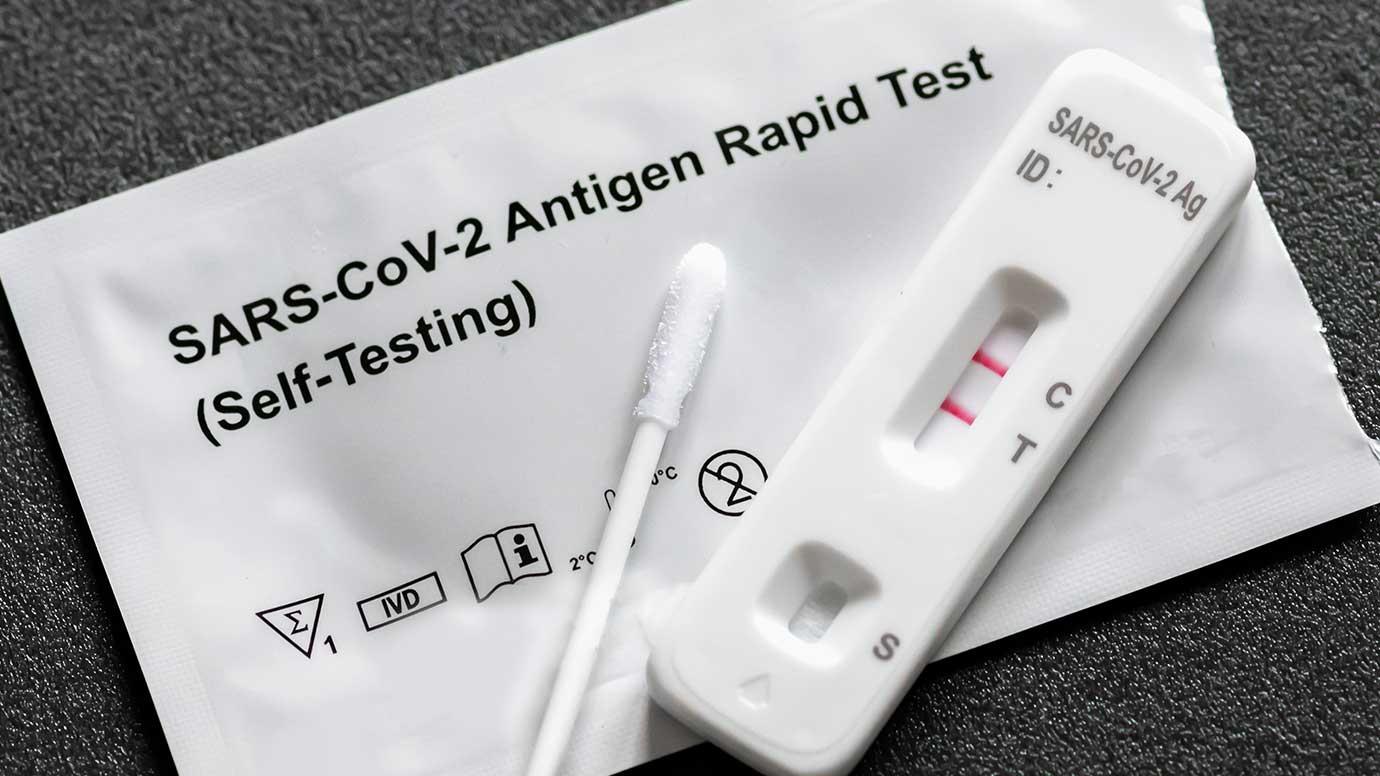
A paramedic responds quickly to an emergency situation. They provide medical assessment, laboratory tests and intravenous medication administration. They also inform hospitals about the medical conditions of patients. This helps to reduce the number of illnesses and accidents. They also offer health education to the community.
Paramedics may work with a fire department or ambulance department. Paramedics may volunteer in remote areas, visit senior care facilities, or join rescue teams. Paramedics can earn associate's and bachelor's degrees in paramedic Science.
You will need a license from the state to become paramedic. A training program may be required depending on your state. Some paramedic training programs can last up to two years. You will be closely supervised by a mentor during this period. It is possible that you will be required to undergo a practical examination. These tests will cover advanced airways techniques as well as how to manage certain medications.

Additionally, you must pass the National Registry of Emergency Medical Technicians exam. You will be required to go through background checks and drug screening. A rig screening may be required. You will also be required to take a post-offer physical.
Once you have a job, you will be required to do three 12-hour shifts every week. Although the hours can be adjusted, you will likely be expected to respond to all calls within an hour. In addition, you will be required to perform inspections of the ambulance and Emergency Response Vehicle. You may also be expected perform staff development activities such as conflict resolution.
Paramedic work can be extremely difficult and skilled. Paramedics have to have more skills, training, and experience than EMTs. They should be able perform advanced airways and equipment transport, as well as other medical procedures. You must also maintain an acceptable level physical condition.
A valid Iowa driver's license is required for paramedics. They must also be PALS certified. They also need to maintain a clean driving record. They will need to pass a cognitive test and a practical exam. They will also need a Paramedic division Functional Screening Assessment.

Paramedics may work for either a private company or a public system of ambulances. They will need at least 1,700 hours of education and must pass the National Registry of Emergency Medical Technicians Exam (NREMT). They may also have to complete a hospital-based internship.
Paramedics can take on new roles or even replace physicians. Paramedics are often first responders to emergency calls in certain communities. In other communities, paramedics are working hand in hand with marine doctors, search and rescue teams, and army engineers.
The paramedic career offers lifesavers in traumatic situations. They are highly skilled and always available to assist anyone in dire need. They are known as street heroes.
FAQ
What is the role of the healthcare system?
The health care system is an important part of any country's economy. It makes people live longer and more healthy lives. It also creates employment for nurses, doctors, as well as other medical professionals.
All income levels are eligible for quality healthcare services through the Health Care Systems.
It is important to understand how healthcare systems work if you're interested in a career as a nurse or doctor.
What are your thoughts on the most pressing public health issues?
Many people are suffering from diabetes, obesity, heart disease, cancer, and heart disease. These conditions lead to more deaths every year than AIDS or car crashes. Additionally, smoking, poor diet and inactivity can lead to high bloodpressure, stroke, asthma or other problems.
What happens if Medicare is not available?
Americans who are not insured will see an increase. Employers may decide to drop employees from their plans. Many seniors will also be paying more for prescription drugs and other services.
What does "health promotion" mean?
Health promotion is about helping people to live longer and remain healthy. It emphasizes preventing sickness and not treating existing conditions.
It covers activities such:
-
Healthy eating
-
Sleeping enough
-
exercising regularly
-
staying active and fit
-
Do not smoke
-
managing stress
-
Keeping up with vaccinations
-
Avoid alcohol abuse
-
Regular checkups and screenings
-
Learn how to deal with chronic illnesses.
What are the major functions of a system for health care?
The health system must provide quality medical services at affordable prices to all people.
This includes providing preventive care, encouraging healthy lifestyles and the appropriate treatment. It also involves providing an equitable distribution of health resources.
How can I get free health insurance in my area?
You can apply for free health insurance if you qualify. You might be eligible if you qualify for Medicaid, Medicare and CHIP.
What are the different health care services?
Patients need to be aware that they can get quality healthcare any time. We can help you, whether you have an urgent need or a routine checkup.
There are many options for appointments. These include walk-ins, same-day procedures, emergency department visits and outpatient procedures. We also provide home care visits for those who live far from our clinic. And if you don't feel comfortable coming into our office, we'll ensure you receive prompt treatment at your local hospital.
Our team includes doctors, nurses, pharmacists, dentists, as well as other professionals who are dedicated to providing exceptional patient service. Our goal is to make each visit as painless and convenient as possible.
Statistics
- Healthcare Occupations PRINTER-FRIENDLY Employment in healthcare occupations is projected to grow 16 percent from 2020 to 2030, much faster than the average for all occupations, adding about 2.6 million new jobs. (bls.gov)
- Over the first twenty-five years of this transformation, government contributions to healthcare expenditures have dropped from 36% to 15%, with the burden of managing this decrease falling largely on patients. (en.wikipedia.org)
- The healthcare sector is one of the largest and most complex in the U.S. economy, accounting for 18% of gross domestic product (GDP) in 2020.1 (investopedia.com)
- Consuming over 10 percent of [3] (en.wikipedia.org)
- Foreign investment in hospitals—up to 70% ownership- has been encouraged as an incentive for privatization. (en.wikipedia.org)
External Links
How To
What is the Healthcare Industry Value Chain (or Value Chain)?
The healthcare industry value chain consists of all the activities involved in providing healthcare services to patients. This includes the operations of hospitals and clinics as a whole, and the supply chain that connects them to other providers. The result is a continuum which starts with diagnosis and ends in discharge.
There are four components to the value chain:
-
Business Processes are the tasks carried out by employees throughout the entire health care delivery process. A physician might order medication for a patient, then perform an examination. Each step of the process must be completed accurately and efficiently.
-
Supply Chains – All organizations that ensure the right supplies reach the correct people at the right times. A hospital might have several suppliers. These could include lab testing facilities, imaging centres, pharmacies, or even janitorial personnel.
-
Networked organizations - These entities must communicate with each other in order to coordinate. Hospitals typically have many departments, each with its own set of offices and phone numbers. Each department will have its own central point, where employees can get updates and ensure everyone is informed.
-
Information Technology Systems - IT plays a critical role in business process efficiency. Without IT, things could quickly go sour. IT is also a platform that allows for the integration of new technologies into the system. Doctors, for example, can connect to a secure internet connection to access electronic medical records.